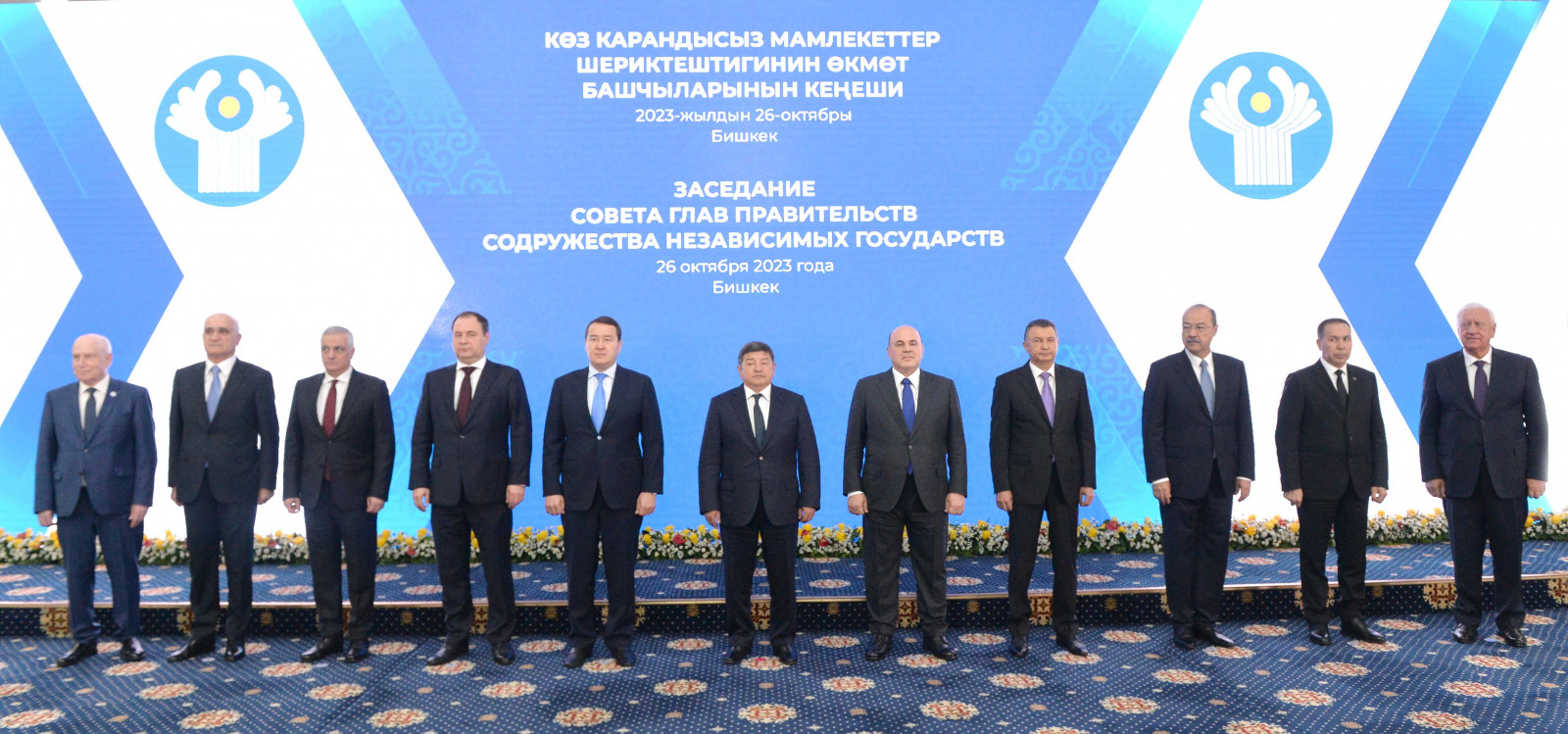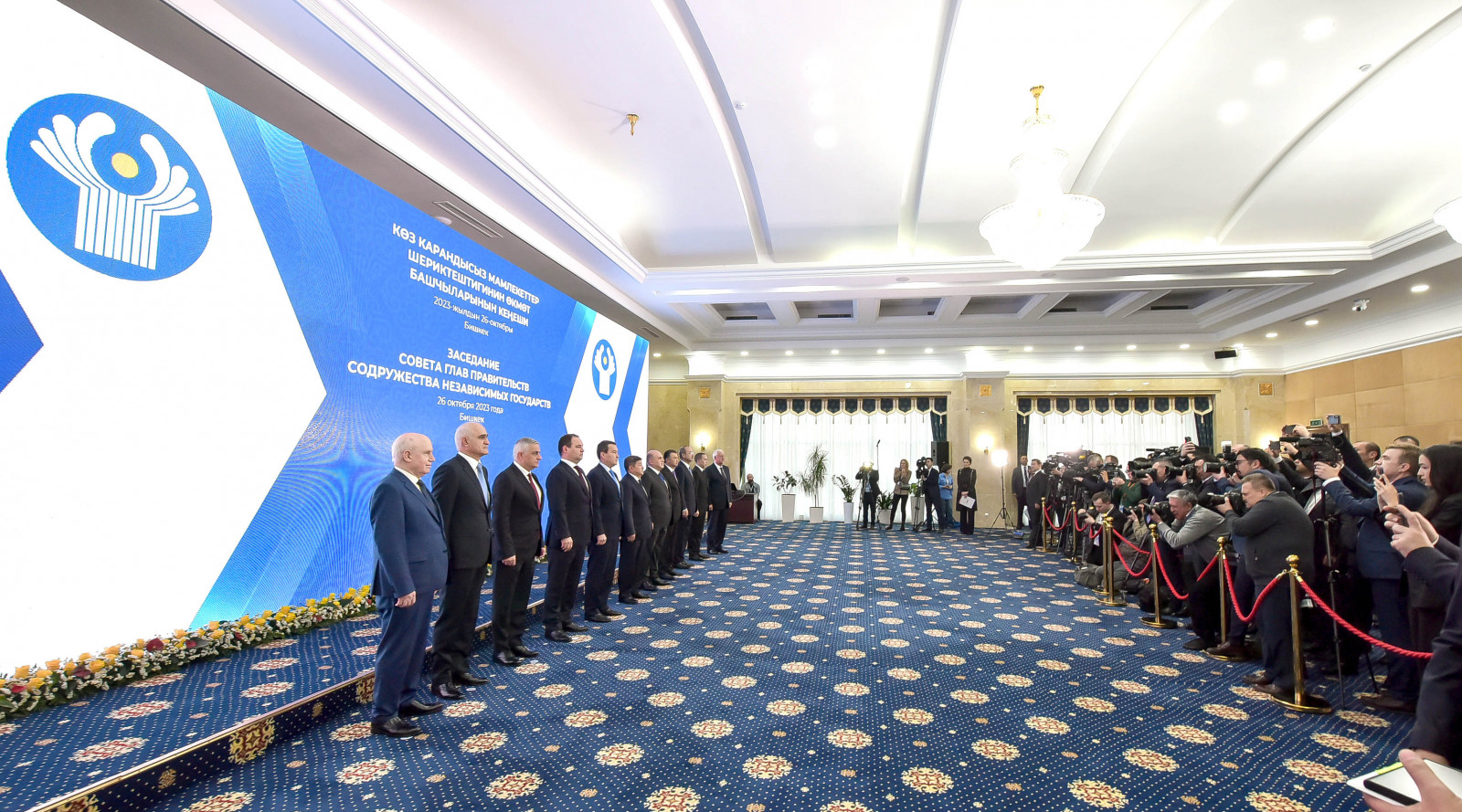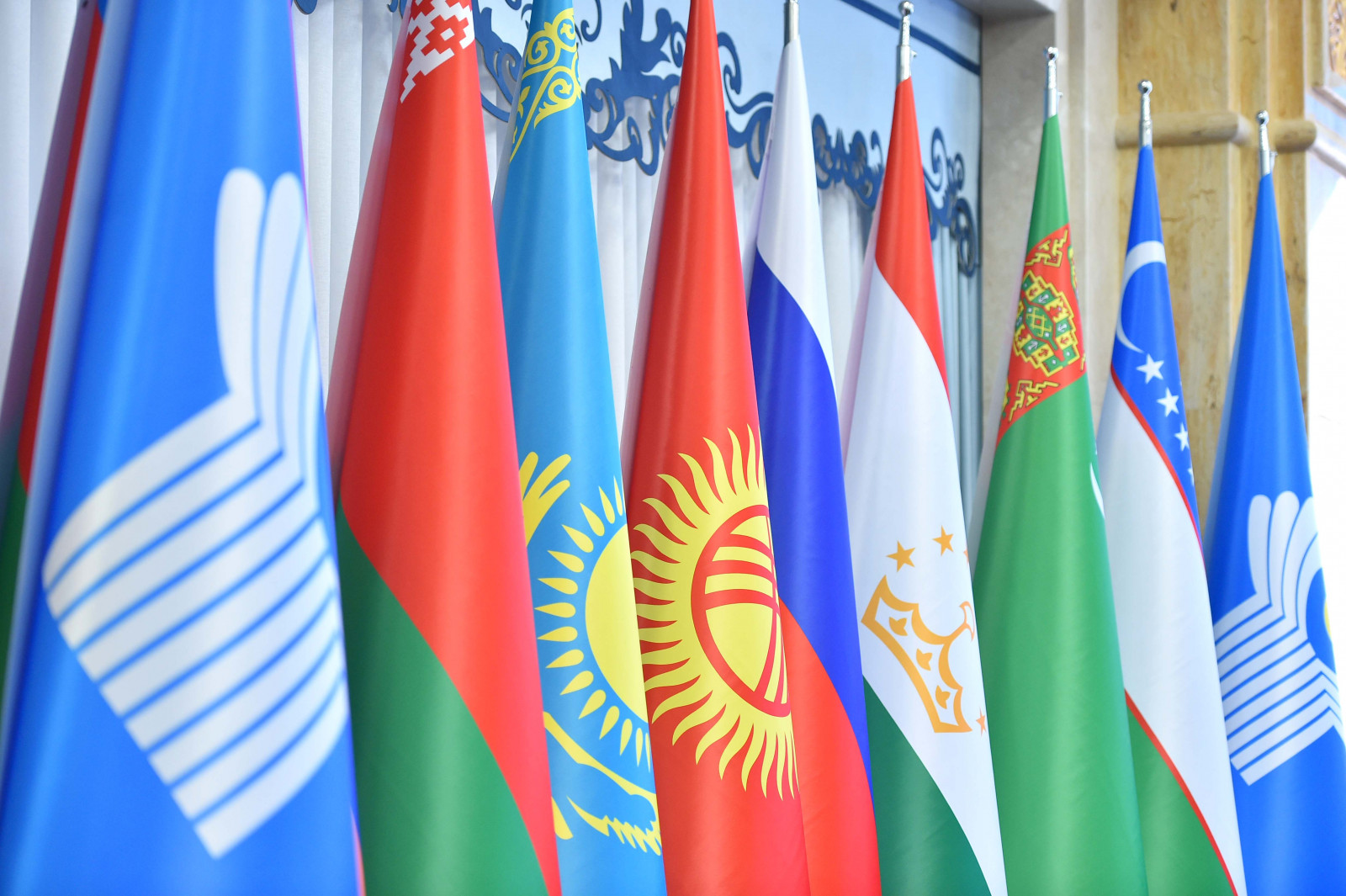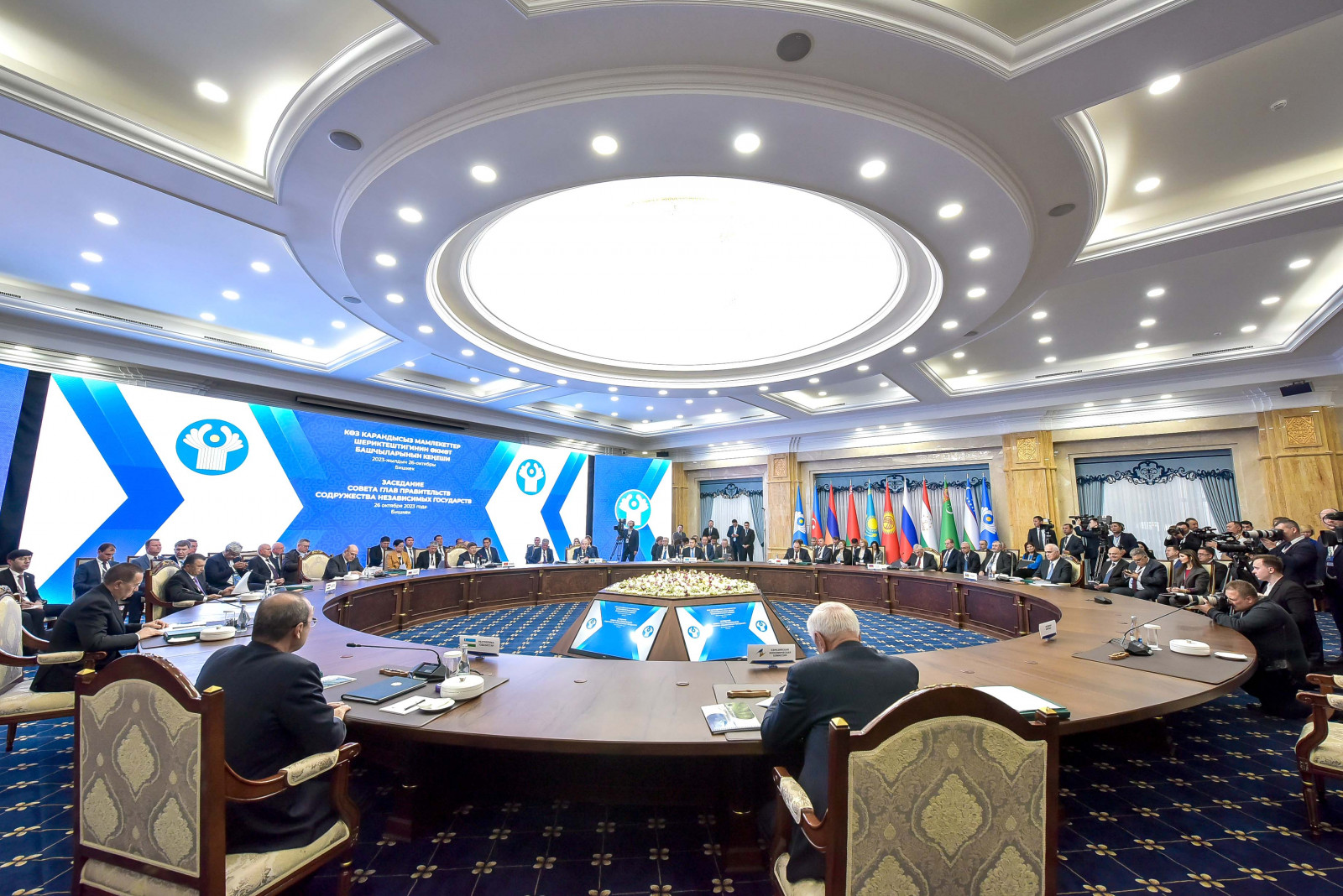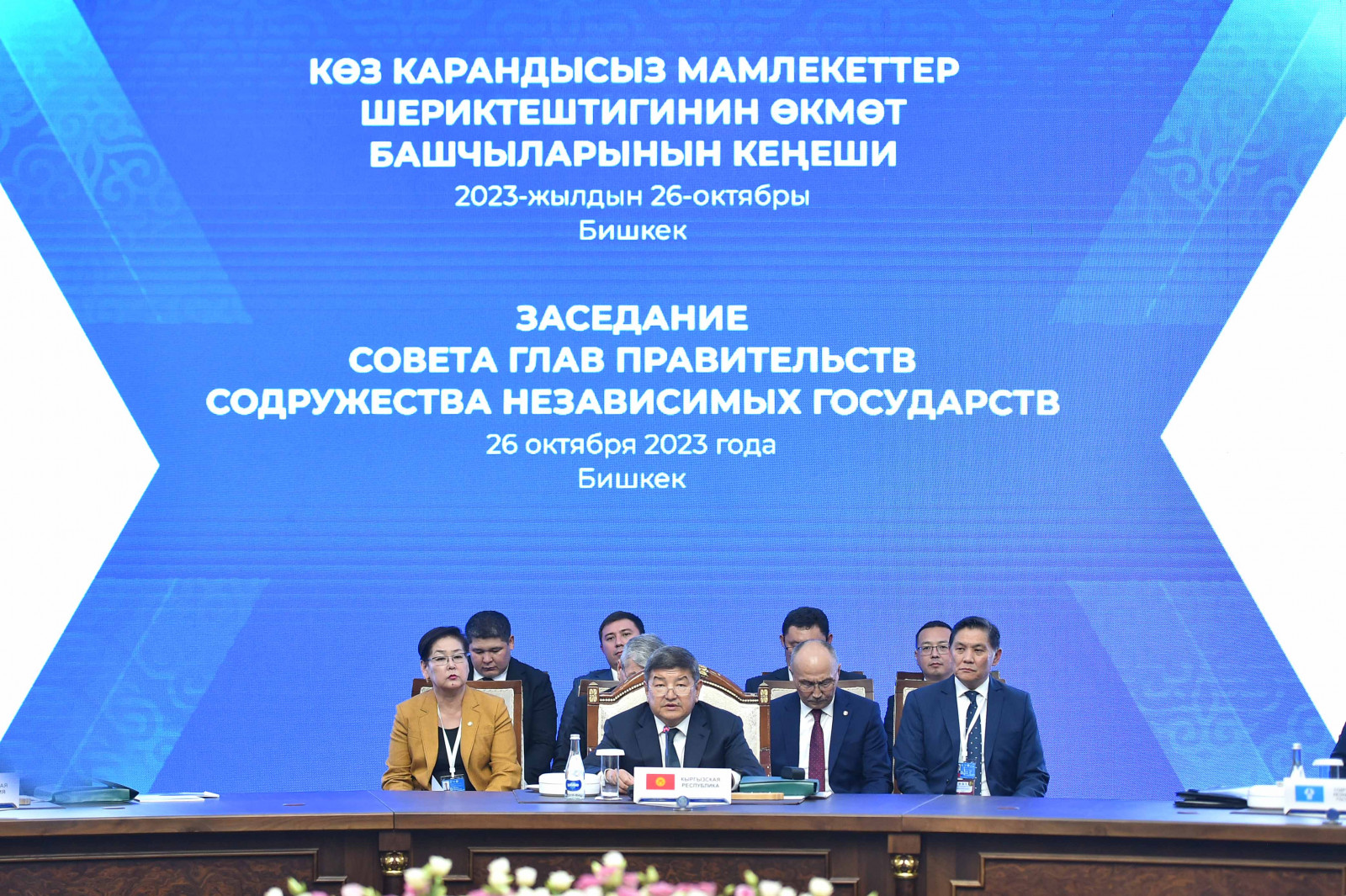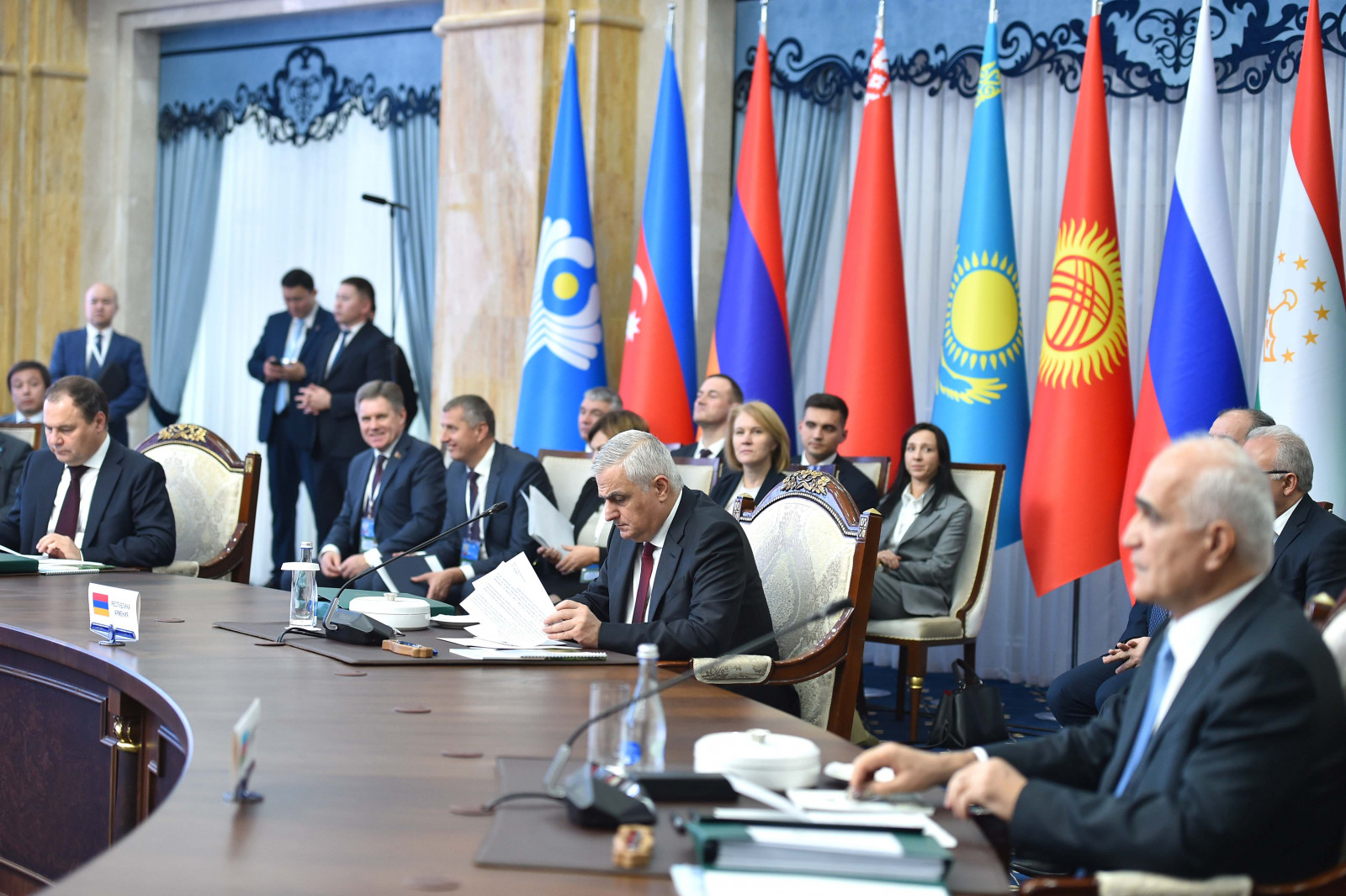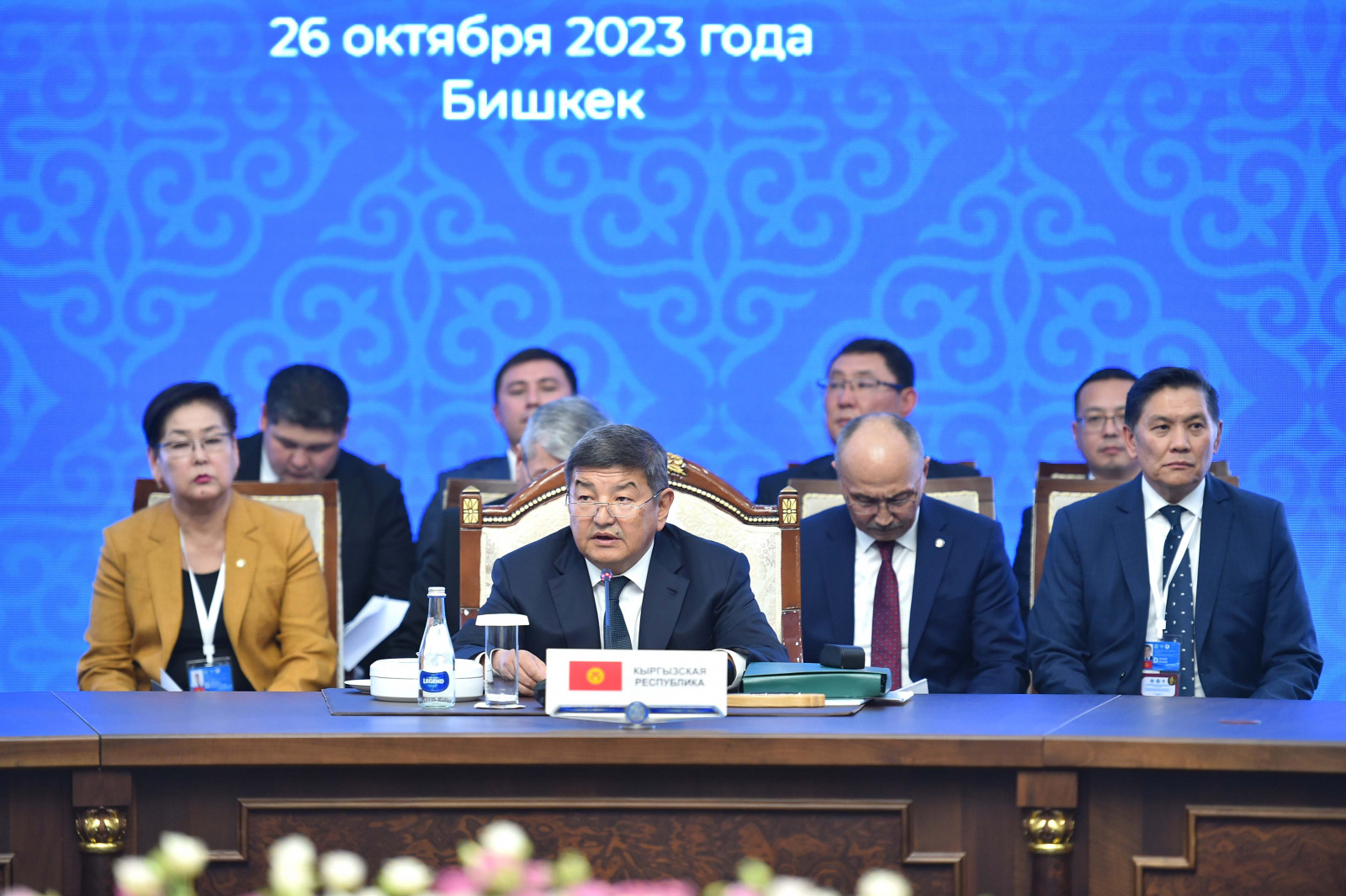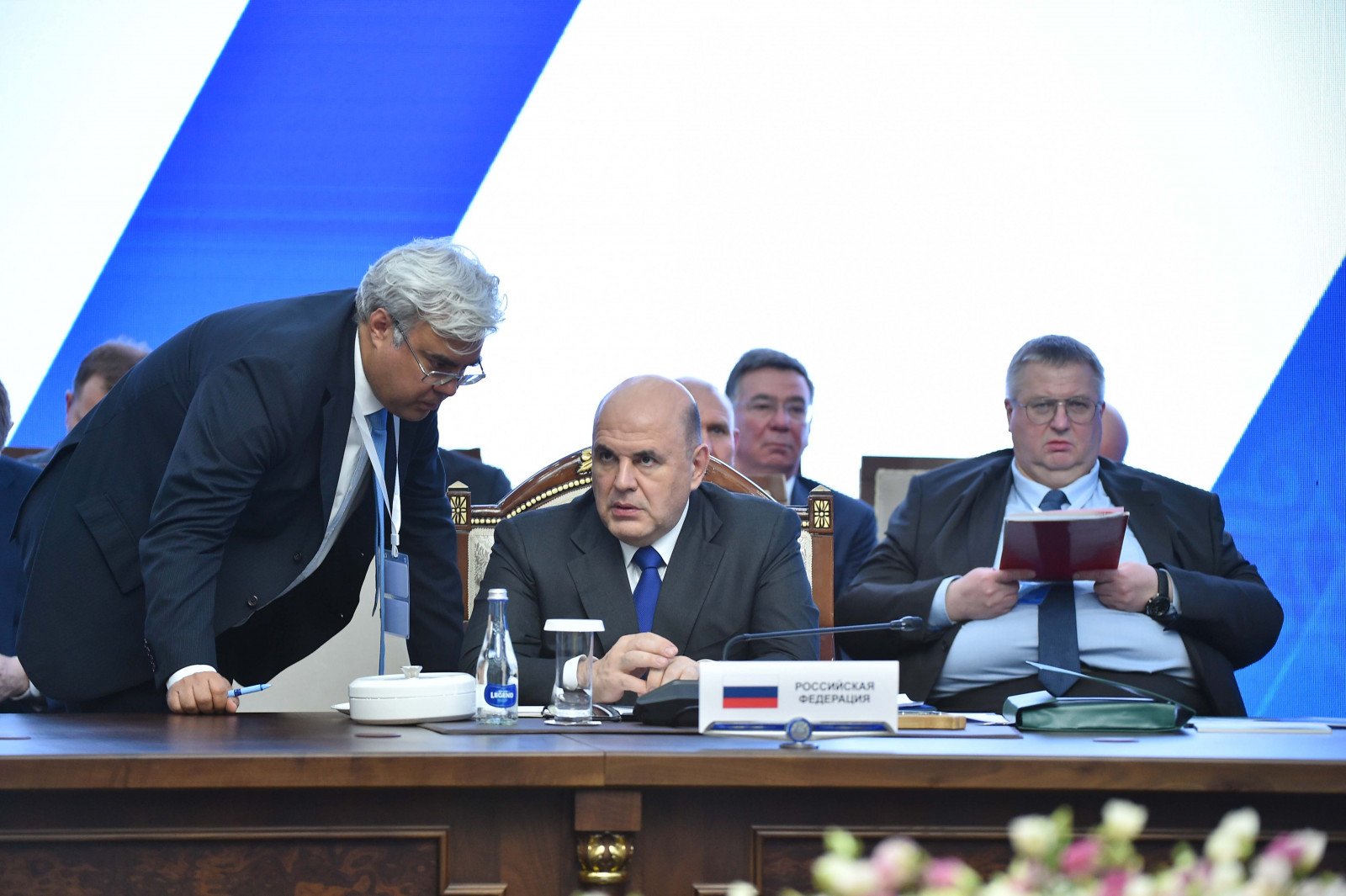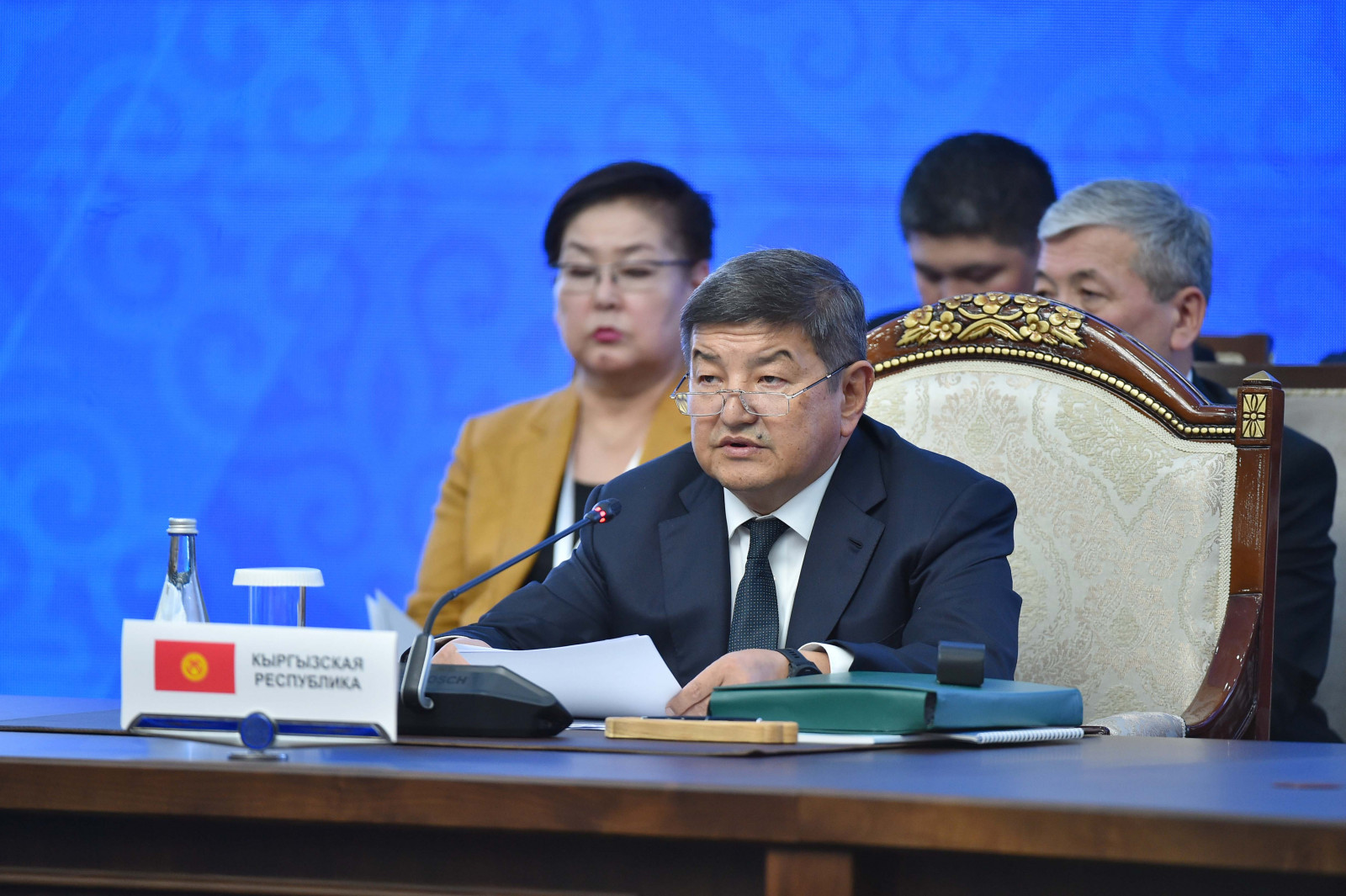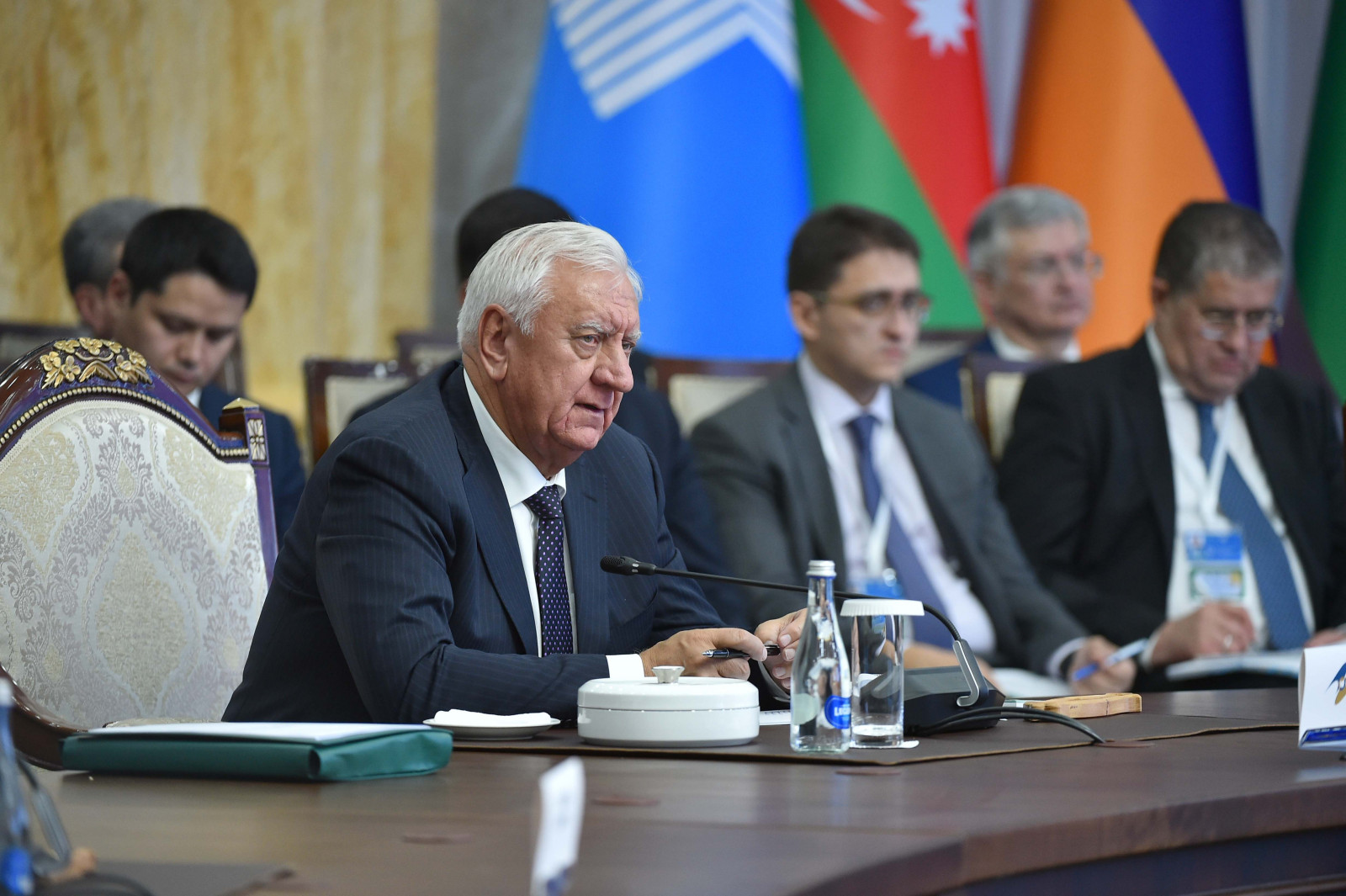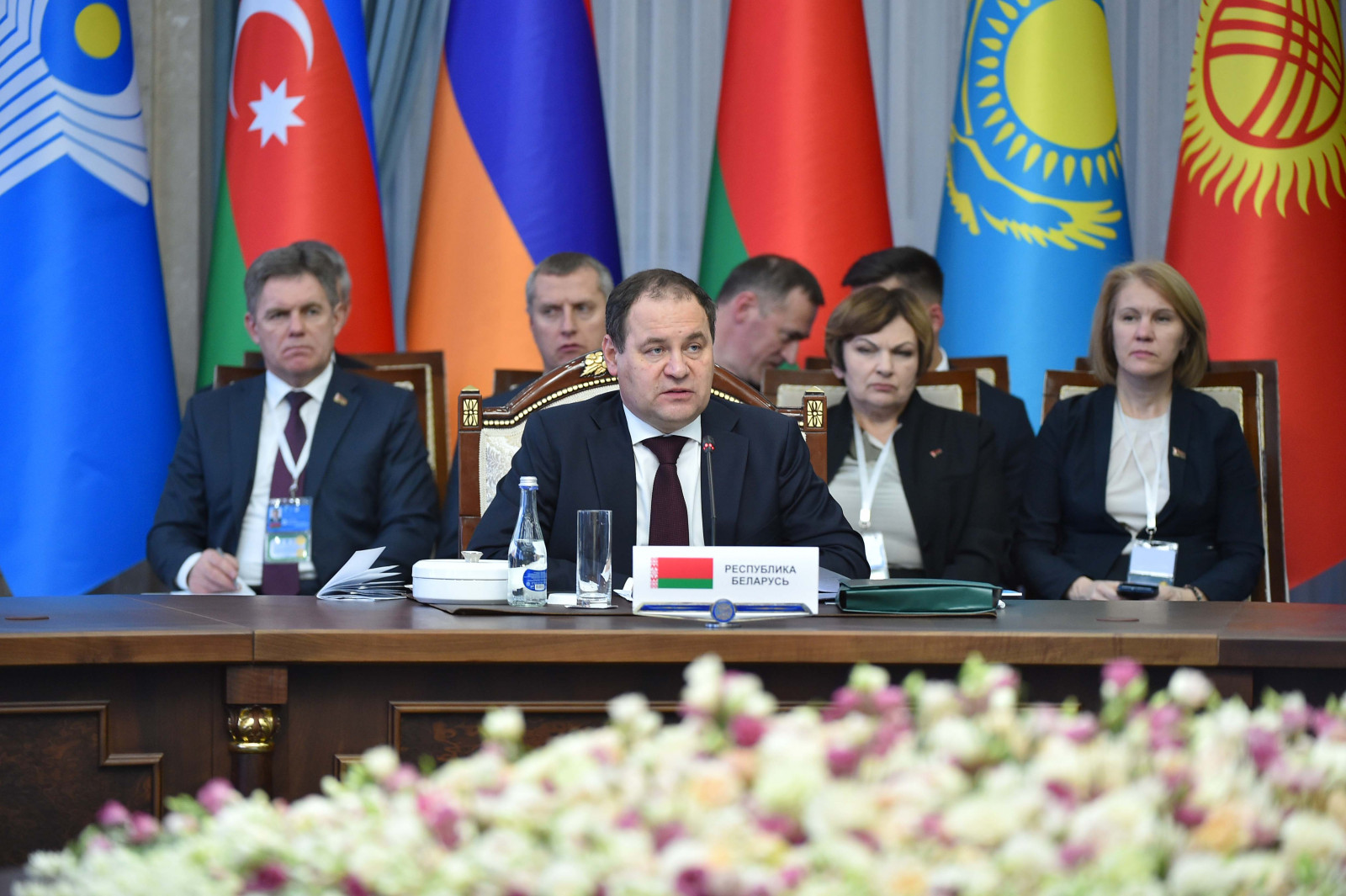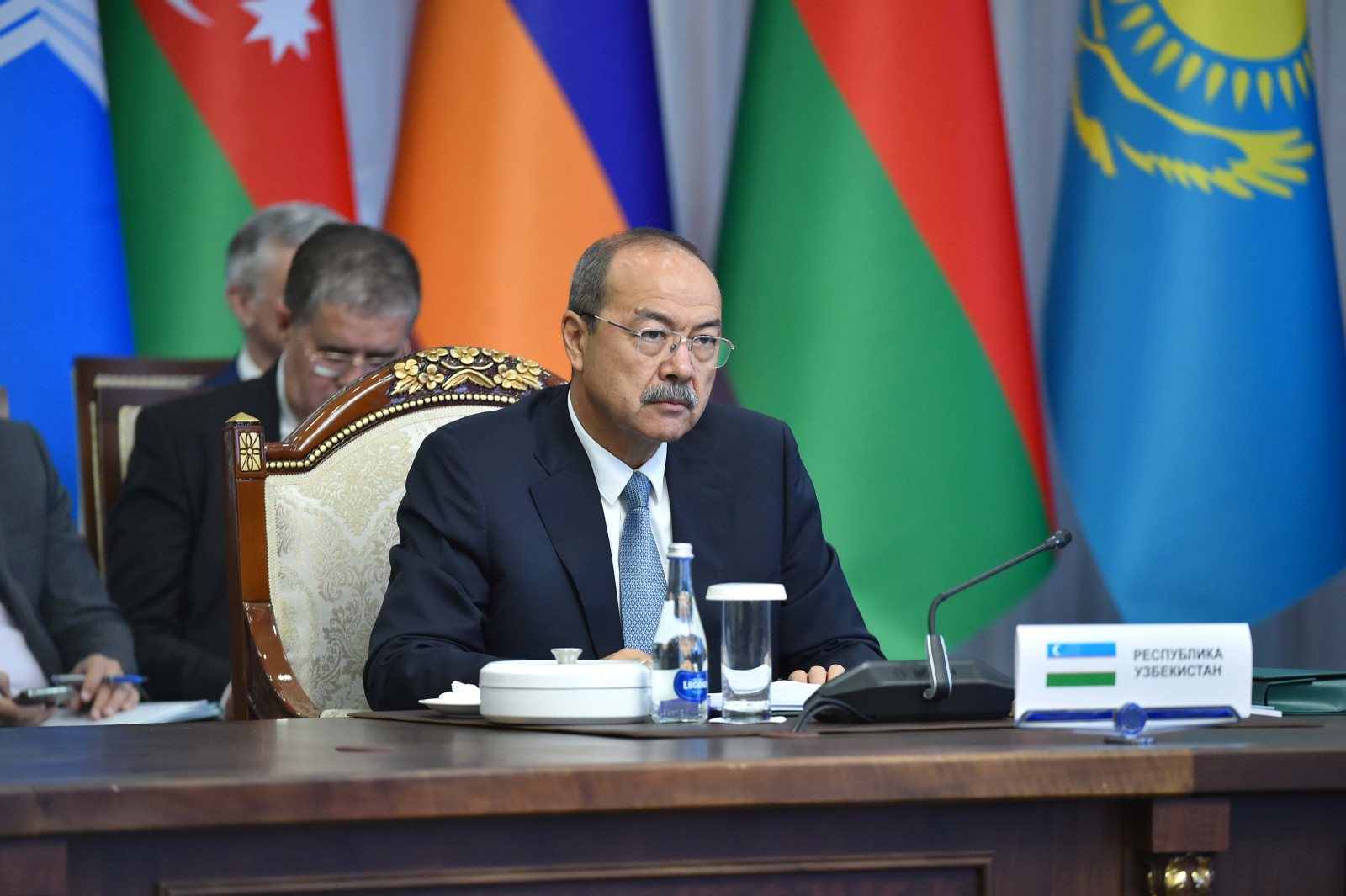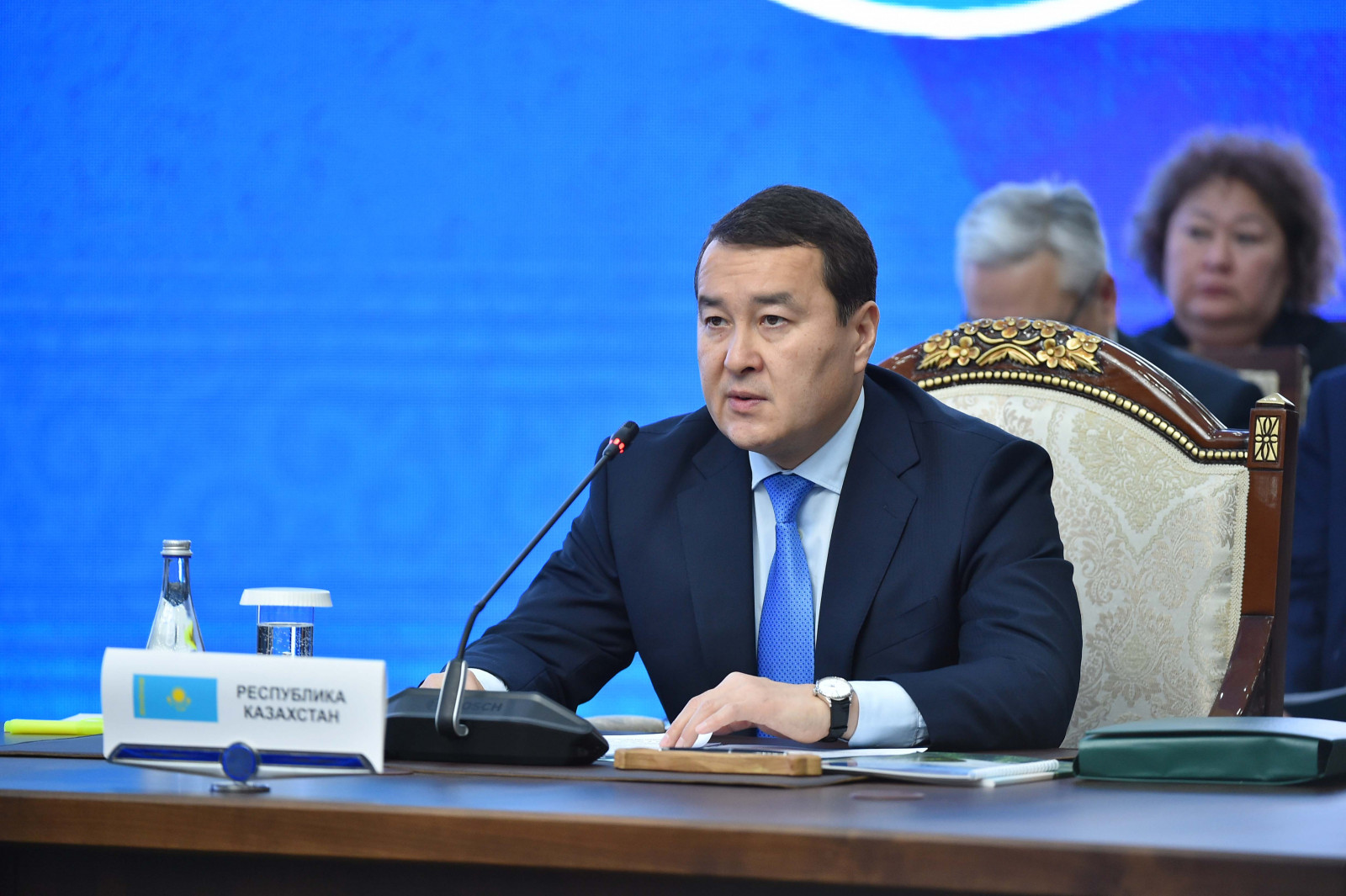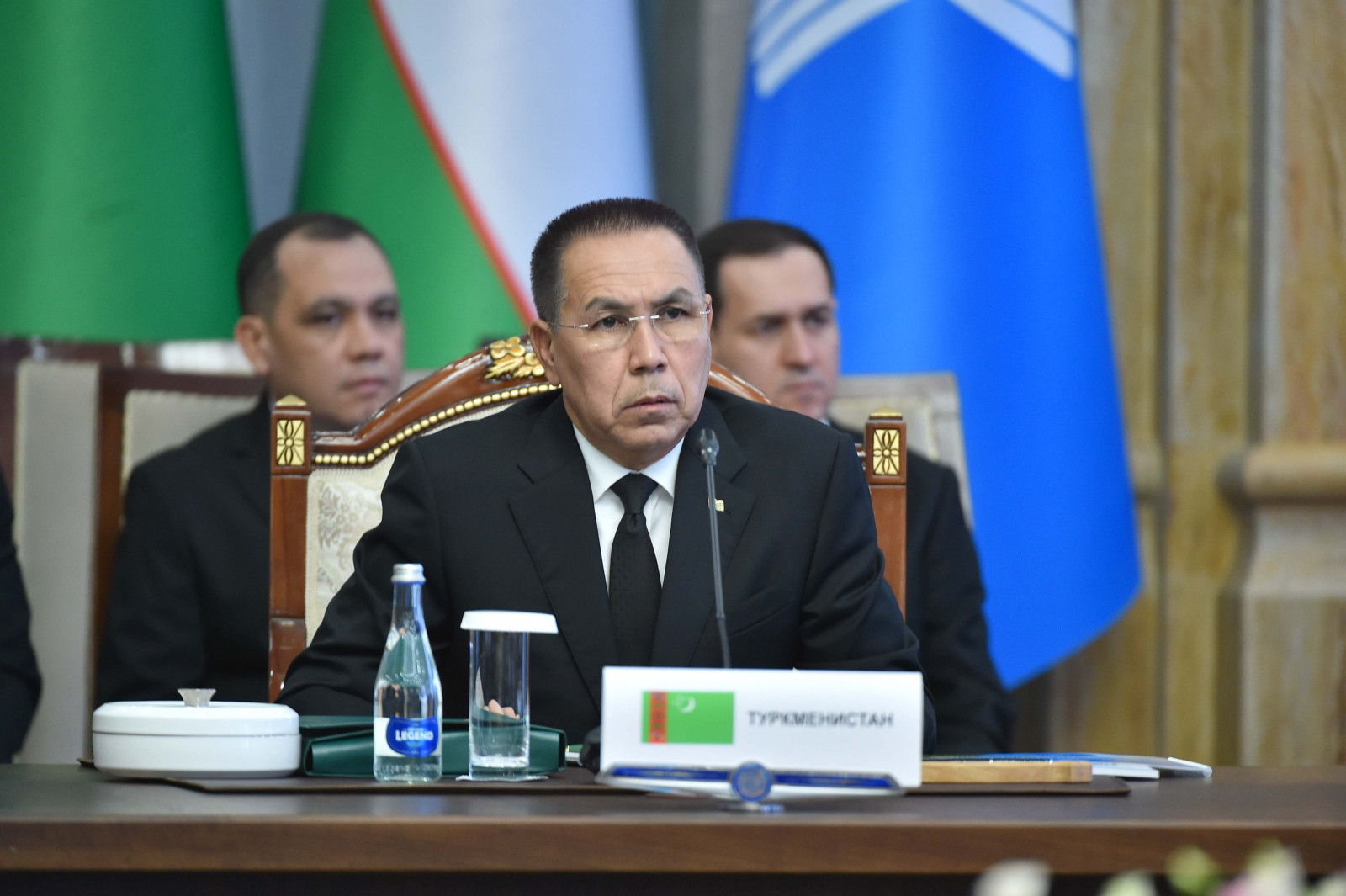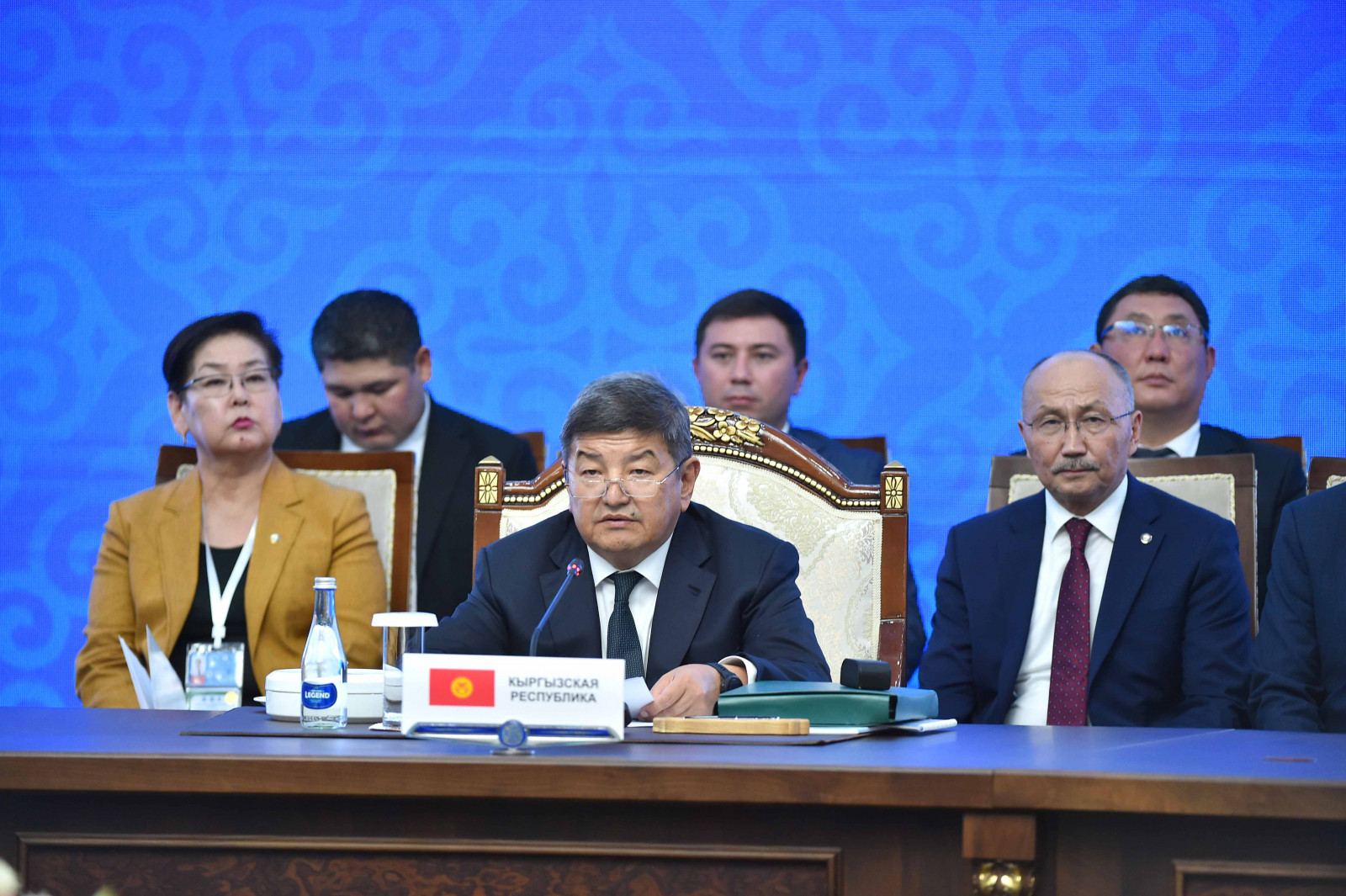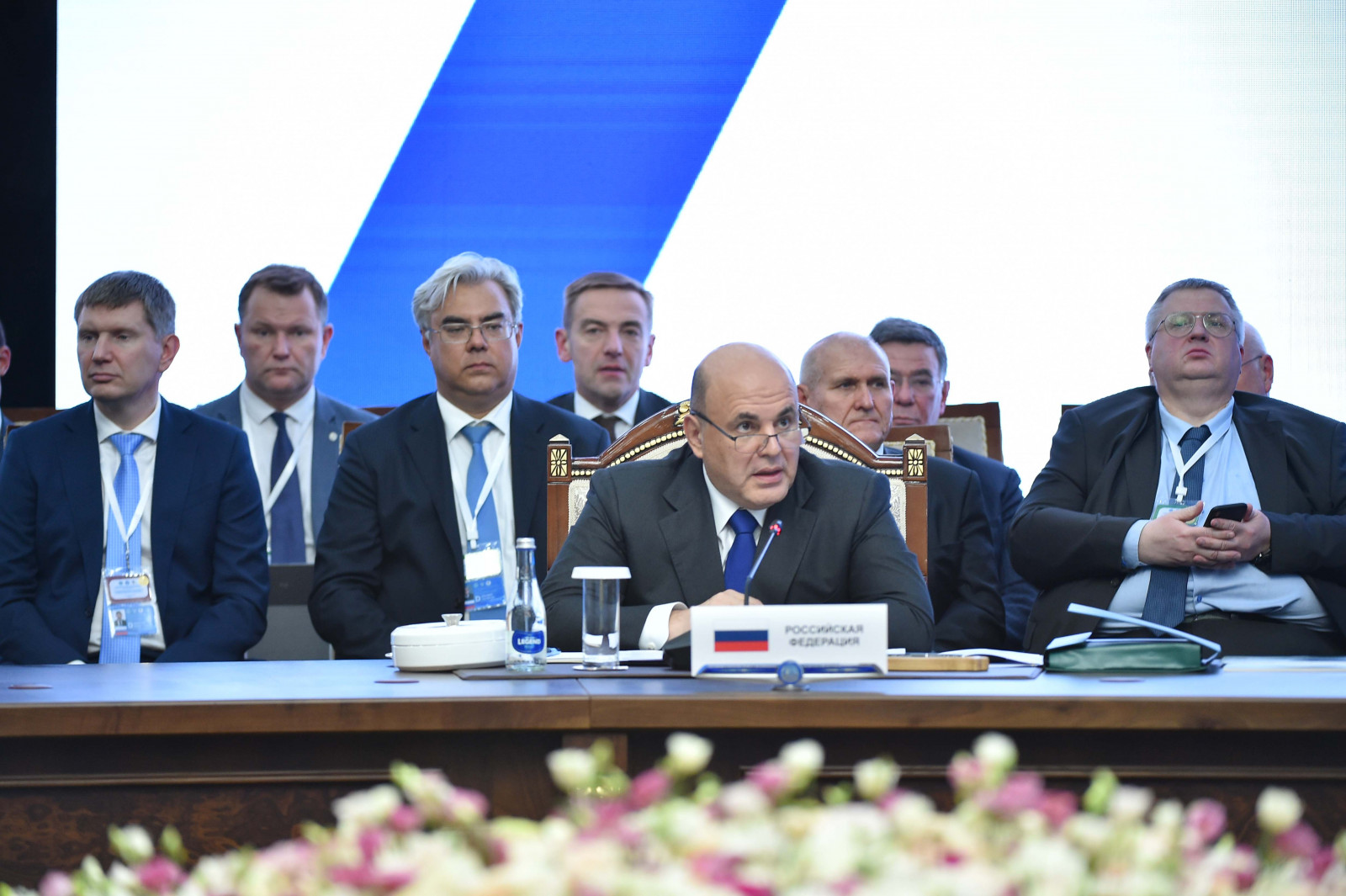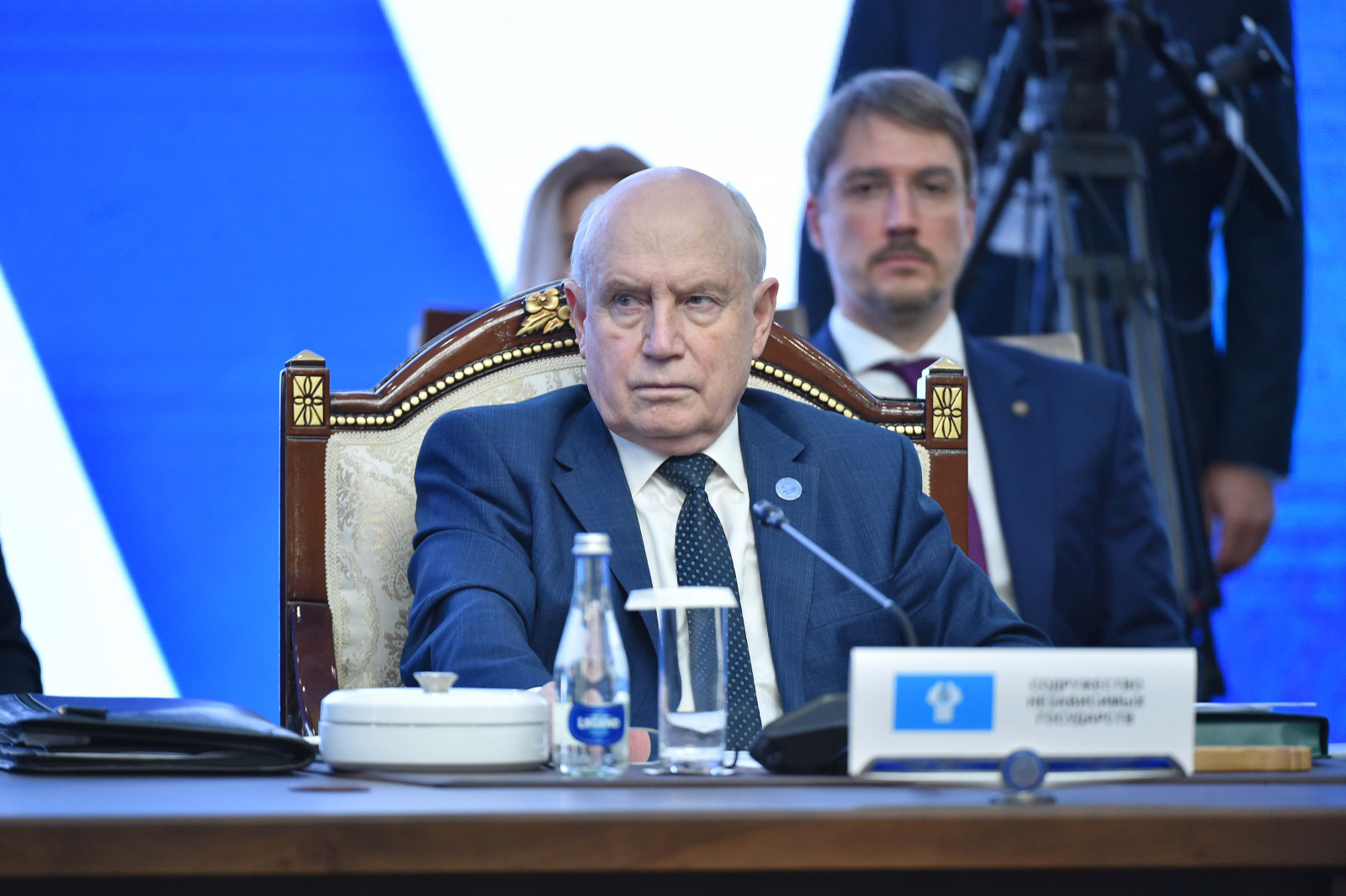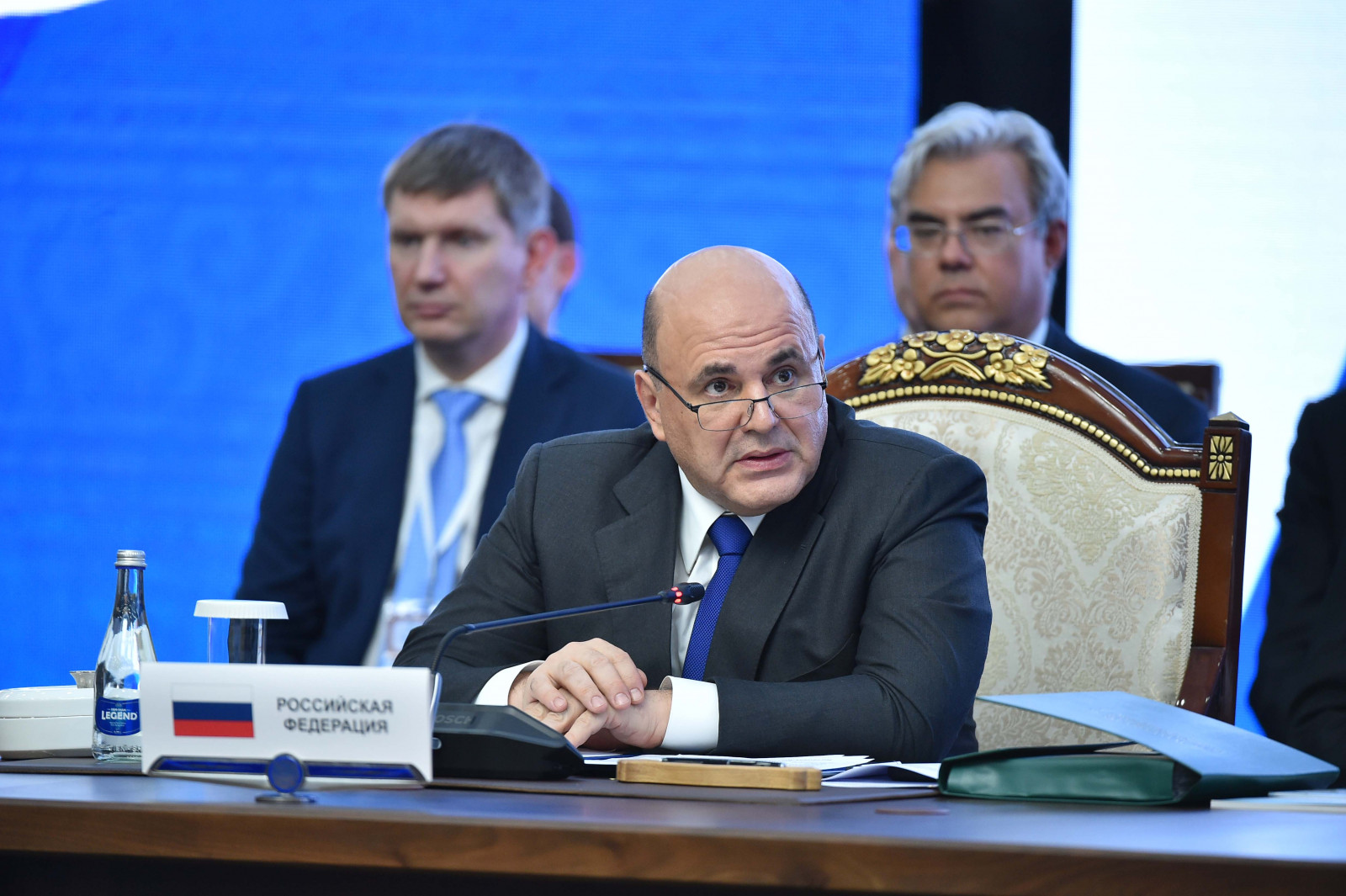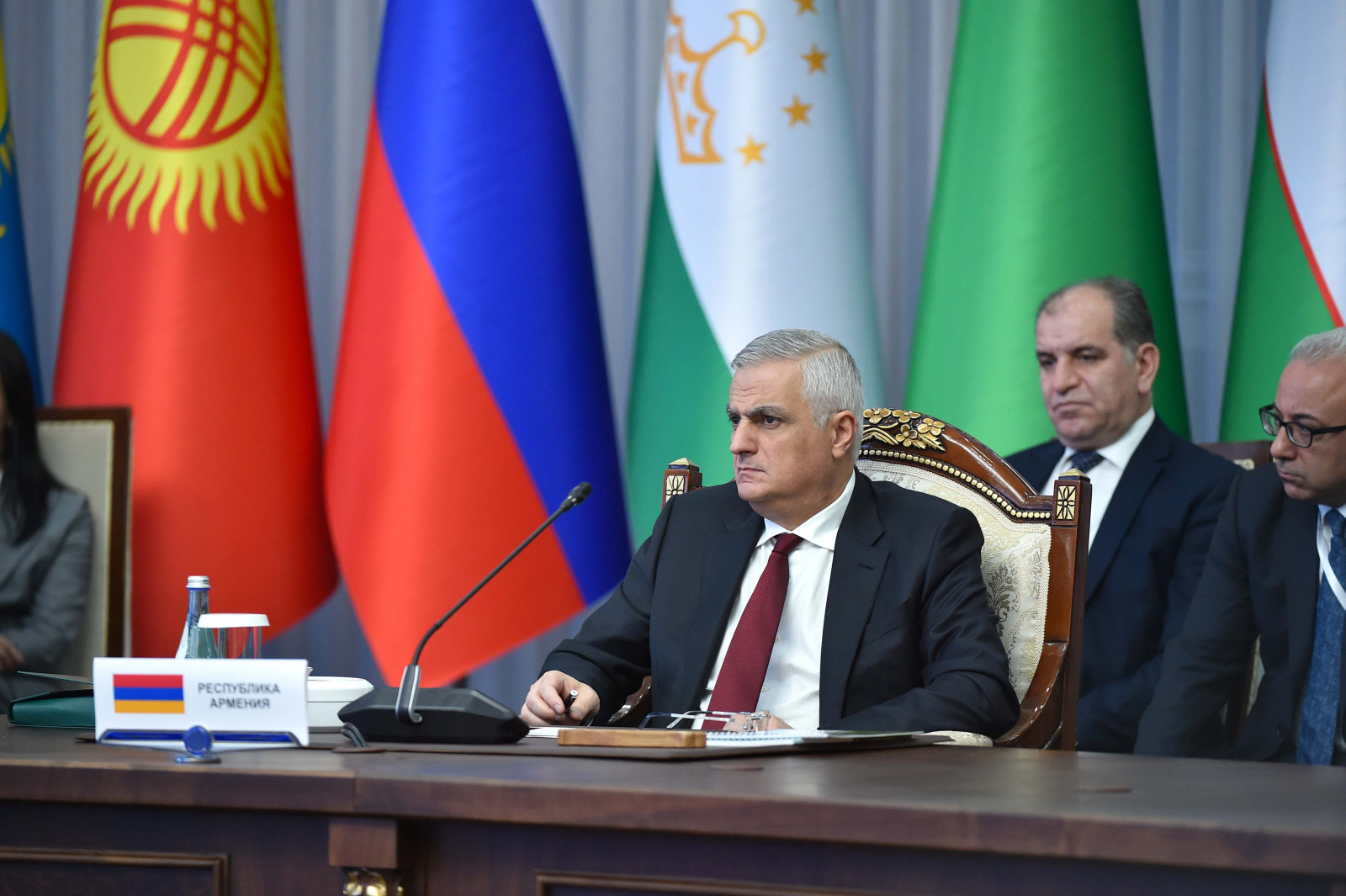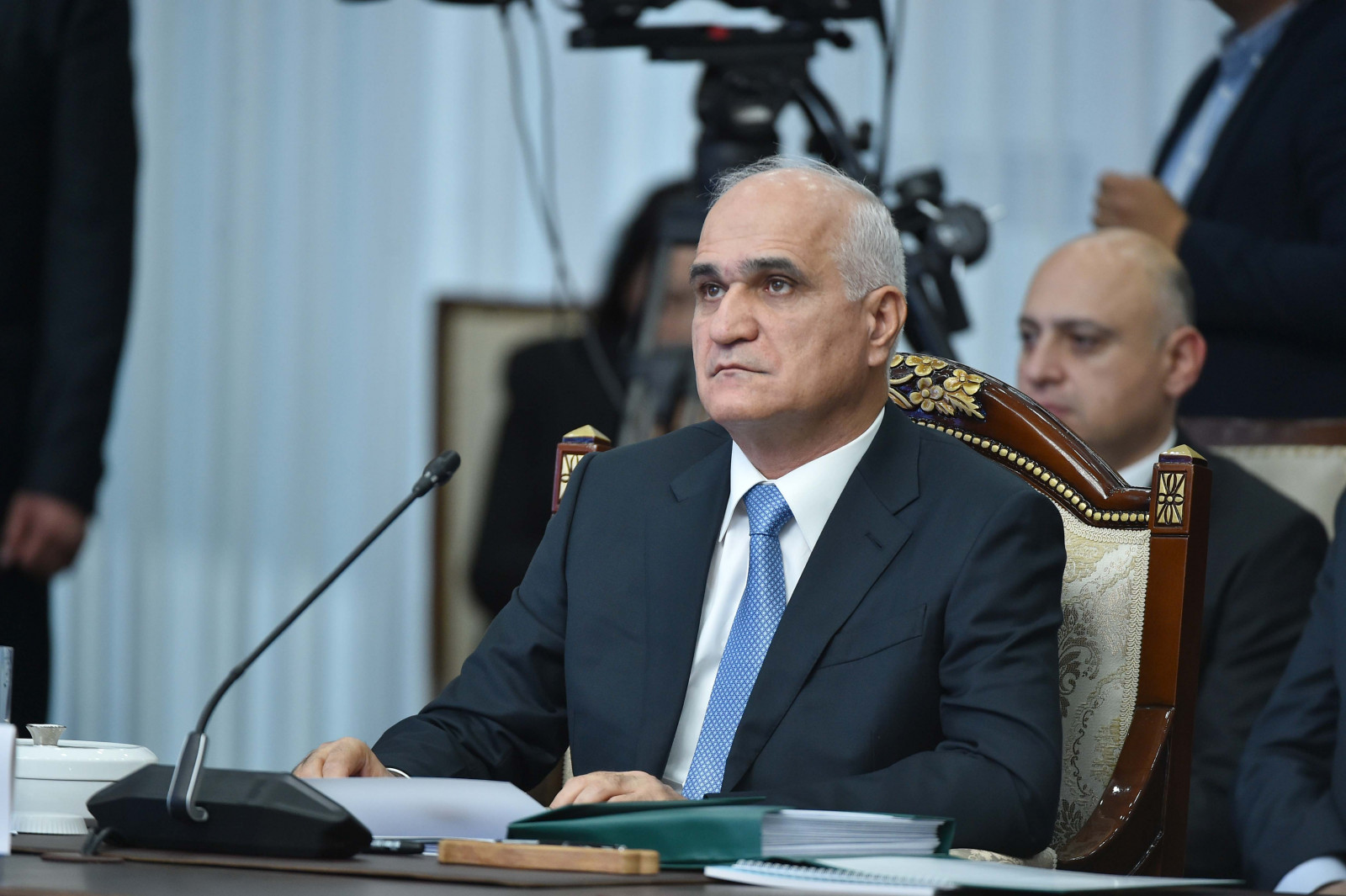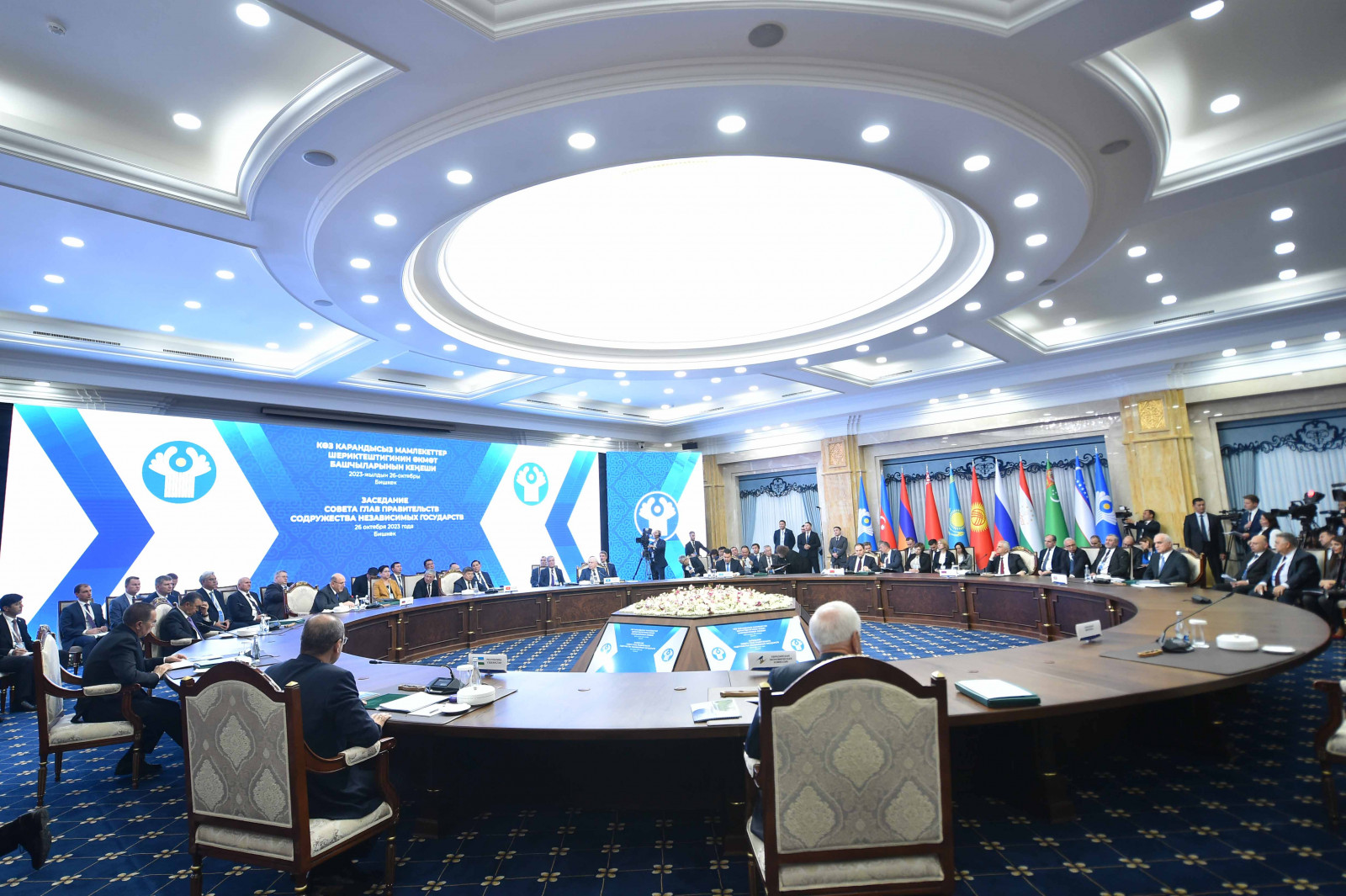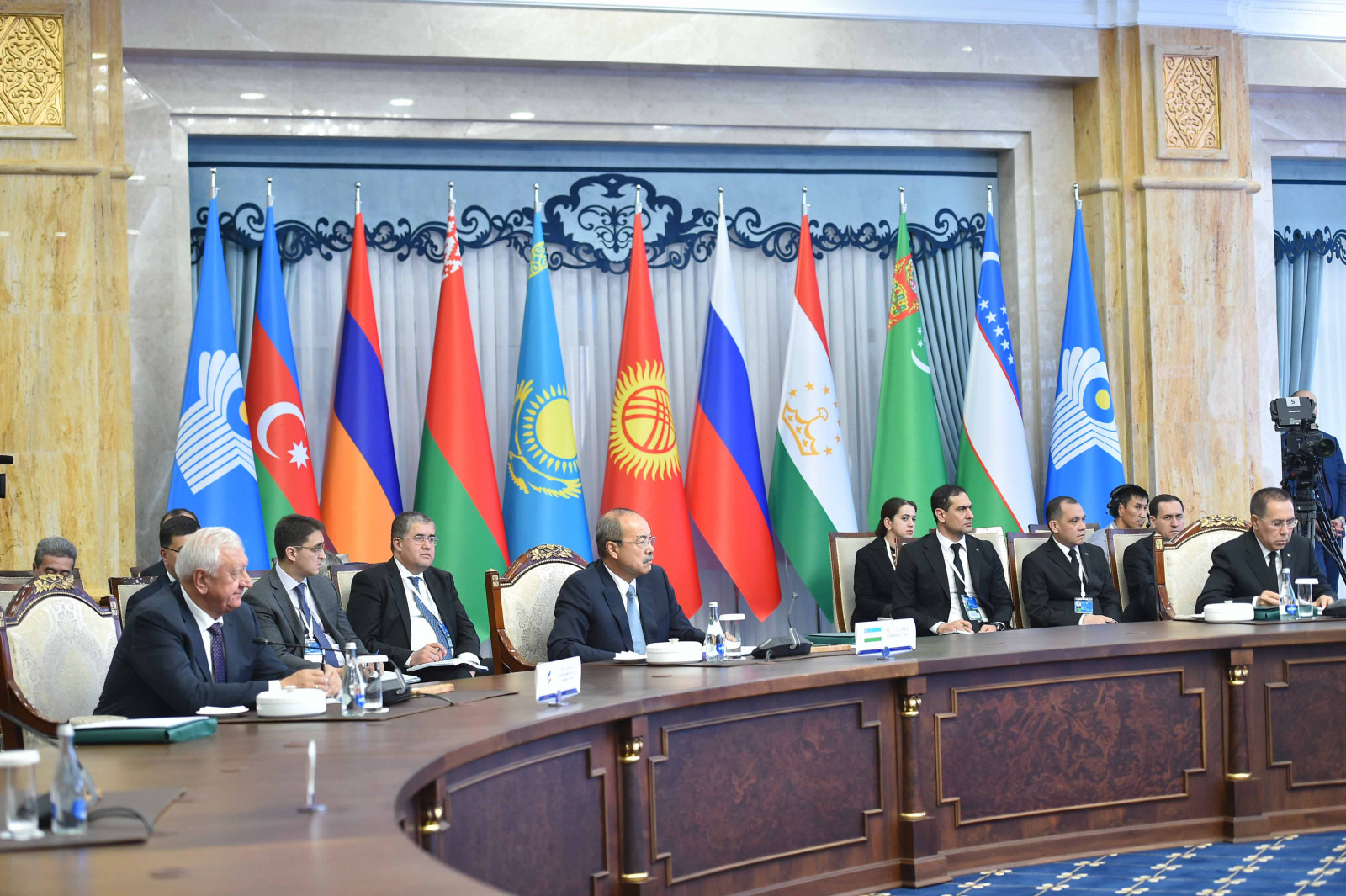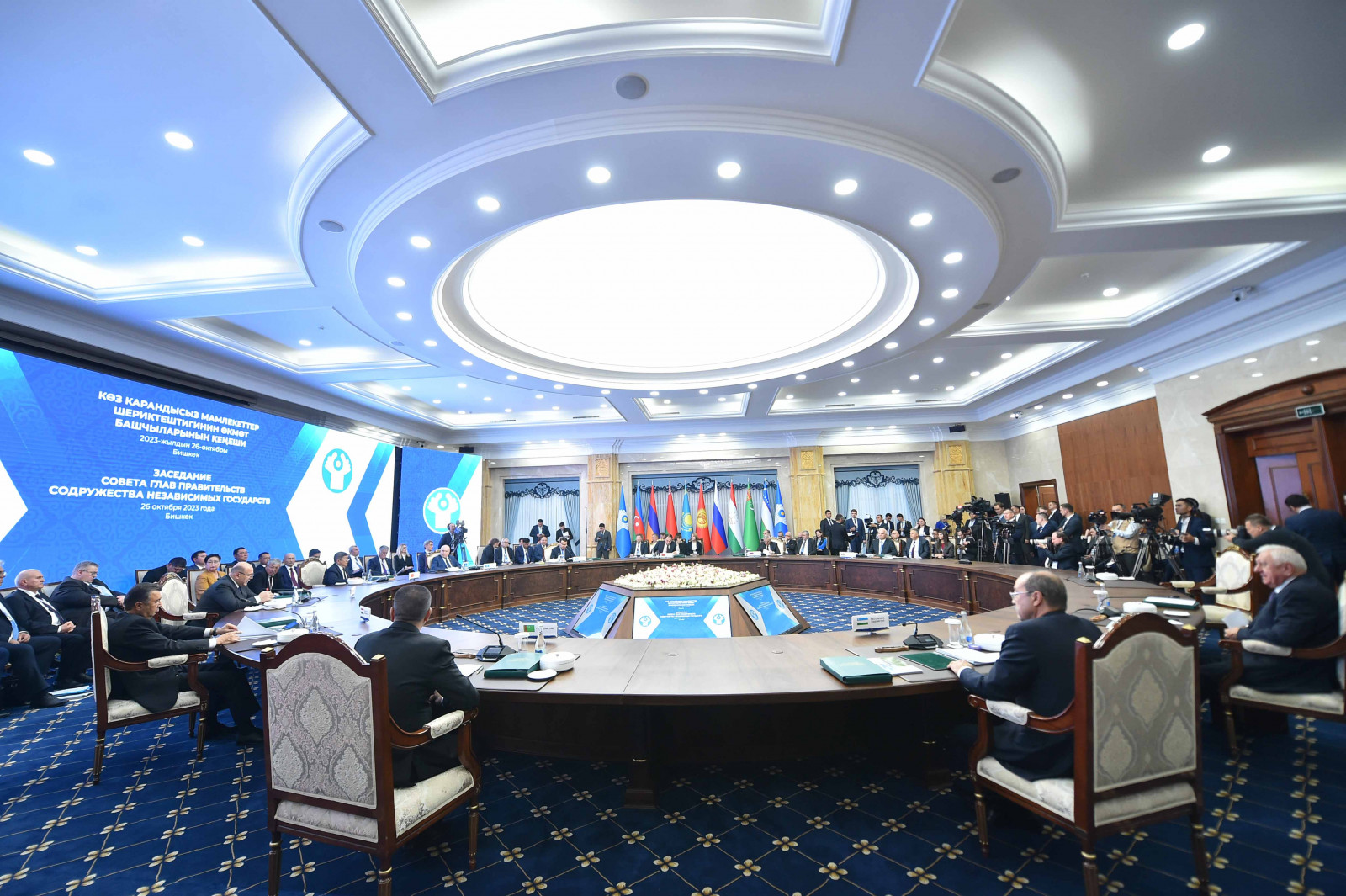26
Октябрь
Head of the Cabinet of Ministers Akylbek Japarov: The driving force behind any integration is the creation of favorable conditions for mutually beneficial economic cooperation
The driving force of any integration is the creation of favorable conditions for mutually beneficial economic cooperation. The Chairman of the Council of Heads of Government of the Commonwealth of Independent States, сhairman of the Cabinet of Ministers of the Kyrgyz Republic - Head of the Presidential Administration of the Kyrgyz Republic Akylbek Japarov made this statement during his address at the meeting of the Council of Heads of Government of the Commonwealth of Independent States (CIS).
"In 2023, during its chairmanship in the CIS bodies, the Kyrgyz Republic has taken the lead in advancing integration cooperation among the CIS member states in several critical directions. On June 8th, in Sochi, we signed a crucial document: the Agreement on Free Trade in Services, the Establishment and operation of companies, and the Implementation of Investments. Undoubtedly, this agreement will contribute to the further expansion of economic integration, the utilization of the growing significance of the service sector for the development of CIS economies, the creation of conditions for expanding mutual trade in services, increasing its liberalization, and enhancing investment cooperation among our countries. I consider this Agreement to be one of the most important outcomes of the Kyrgyz Republic's chairmanship in the CIS, and its signing is our common success," he stated.
The Head of the Cabinet of Ministers emphasized that the development of integration ties leads to an increase in trade and freight transportation between the Kyrgyz Republic and other CIS member states.
"The Central Asian CIS member countries, lacking direct access to the world's oceans, are situated at the crossroads of transcontinental transportation corridors and possess an extensive transport and communication network with indirect access to Europe, the Persian Gulf, the Indian Ocean, and the Pacific Ocean. This makes it possible for them to become regional trade hubs and contribute to the development of trade and economic relations among CIS member states. To achieve this goal, it is crucial to expand international road and rail networks, logistics centers, transport terminals, and modernize infrastructure to ensure uninterrupted international transit. In this context, significant efforts are required in the region regarding the digitization of trade and customs procedures. It is important that all these transformations are synchronized with global standards," Akylbek Japarov emphasized.
During his address, the Head of the Cabinet of Ministers drew the attention of the meeting participants to the issue of water and energy resources usage by the region's countries.
"Given that nearly half of the region's water resources are formed within our country's territory, we understand our high responsibility in terms of water supply. In this context, taking into account the negative climate impact on the water resources formation zone and the aging water management infrastructure of the region's countries, we advocate for the continuation of timely measures and the implementation of relevant projects in the fields of irrigation, energy, and infrastructure. These measures aim at the efficient utilization of water and land resources, ensuring affordable and environmentally clean electric power, as well as adapting to climate change. In this regard, the Kyrgyz Republic proposes and promotes the establishment of a mutually beneficial compensatory mechanism for the comprehensive utilization of water and energy resources in Central Asia," he concluded.
It's worth noting that the joint meeting of the Council of Heads of Government of the Commonwealth of Independent States (CIS) and the Eurasian Intergovernmental Council took place at the state residence "Ala-Archa" in Bishkek, Kyrgyz Republic.
You can read the full text of Chairman Akylbek Japarov's speech at the joint meeting of the Council of Heads of Government of the Commonwealth of Independent States (CIS) and the Eurasian Intergovernmental Council by following the link.
